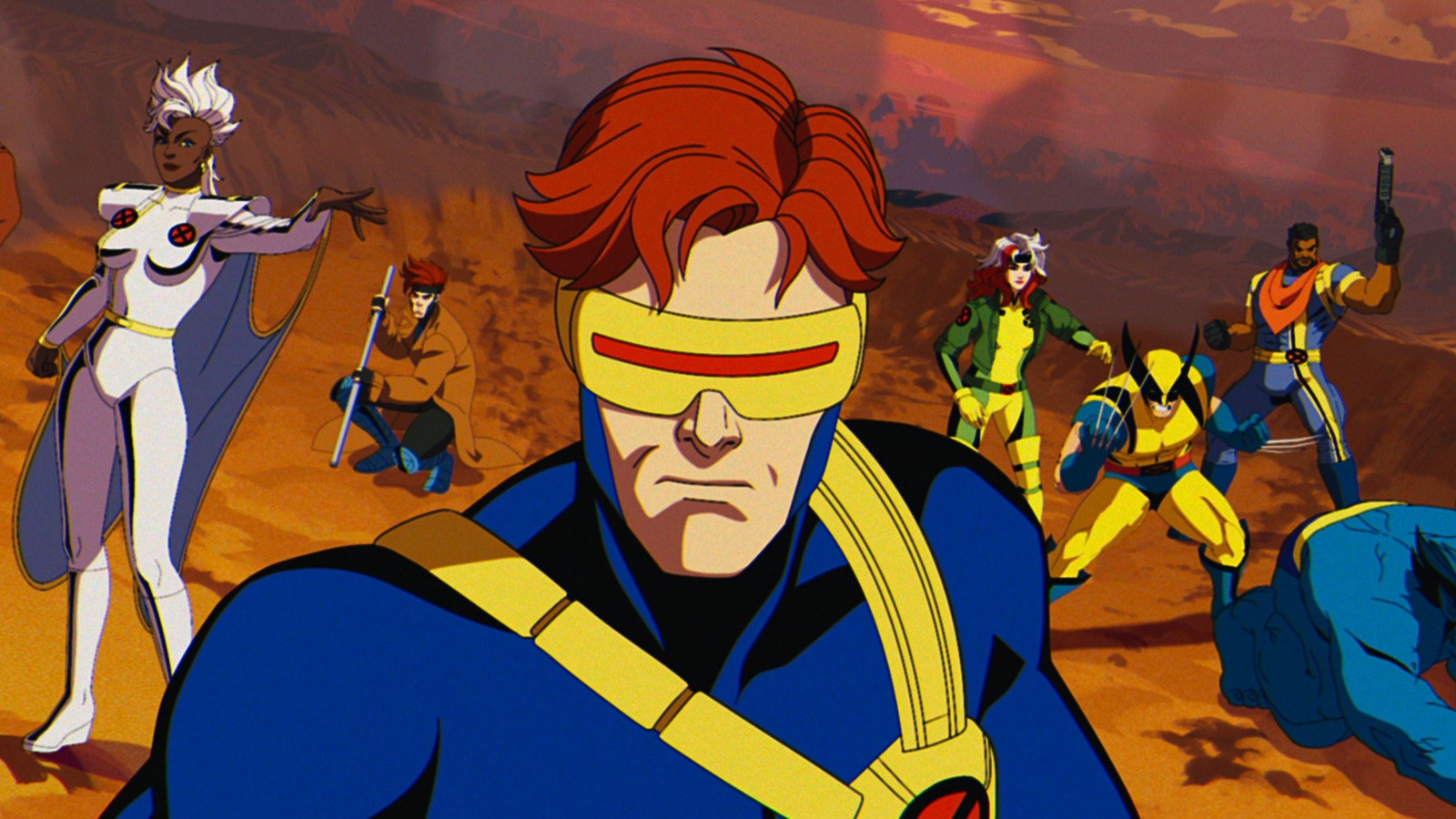
The X-Men were created by Stan Lee and Jack Kirby in 1963, the year before the Civil Rights Act was signed into law and a lasting blow was struck against the racism built into America. As more and more voices have made themselves heard in our society, the X-Men’s mutant allegory has largely shifted to one of queerness (helped by queer fans who read such themes into the comics).
The 1982 graphic novel “X-Men: God Loves, Man Kills” (by Chris Claremont and Brent Eric Anderson) was a critique of Reagan-era televangelism so pointed that the “X-Men” movies had to tone it down. Castorena continued:
“[The O.G. show] pulled from the books and it pulled from those stories, and it didn’t shy away from those stories. It didn’t dumb them down for a younger audience, either. It told stories. Within the Saturday morning pocket, right, but it told stories. It stuck with relatable themes: prejudice, found family, who is my tribe, self-acceptance. A lot of these themes are core fundamentals to the X-Men.”
Indeed, even the opening titles of the original series don’t hide these ideas; Jubilee is chased by an angry mob but finds herself trapped behind a chain link fence. That’s why internet reactionaries lambasting “X-Men ’97” as “woke” are so ridiculous; the progressive themes were always there. It’s not impossible to like a piece of art and disagree with its politics, of course, but denying such themes are there when they’re as blatant as they are in “X-Men” is absurd.
So, does “X-Men ’97” live up to Castorena’s promises?

![The Essential Aspect Of The Comics That X-Men ’97 Had To Get Right [Exclusive] The Essential Aspect Of The Comics That X-Men ’97 Had To Get Right [Exclusive]](https://movieanywhere.xyz/wp-content/uploads/2024/03/l-intro-1710938612.jpg)

![Kingpin 2 Is Still Happening, But The Script Is Proving To Be A Challenge [Exclusive] Kingpin 2 Is Still Happening, But The Script Is Proving To Be A Challenge [Exclusive]](https://movieanywhere.xyz/wp-content/uploads/2024/04/l-intro-1710177590-305x207.jpg)
